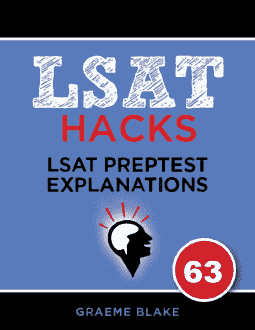DISCUSSION: To answer this question, you should reread lines 46-57. It doesn’t take that long to reread lines you’ve already read; you’ll go much faster the second time.
The judges think the view of tradition is strained because it excludes real traditions that were forcibly stopped, and it allows traditions that only existed for a short time (lines 54-57).
In other words, the legal definition of “traditional” is not how most people understand the word “traditional”. You have to read in between the lines a bit to see the judge’s point, but it’s pretty clear from context.
___________
- We don’t care how Alaska Natives define the word traditional. It’s an English word. The judges are deciding how the word should be defined in English. Once we know what the word means, then we concern ourselves with whether Alaska Natives consider their activities to be a tradition.
- Tempting, but the judges don’t mention dictionaries. They seem to refer to common understanding of the word traditional.
- CORRECT. The judges are appealing to the common understanding of the word traditional. Most people would not consider that the native tradition stopped existing just because a law prevented them from exercising their tradition.
- Actually, the judges ruled that native activities were traditional. The AWS had labelled the activities “not traditional”, that’s why they were prosecuting Alaska Natives.
- This simply isn’t mentioned in lines 45-57. I can’t explain that why it’s wrong, because it didn’t happen.


Leave a Reply